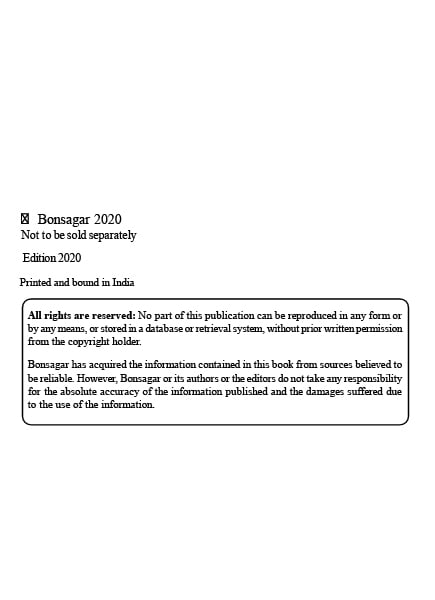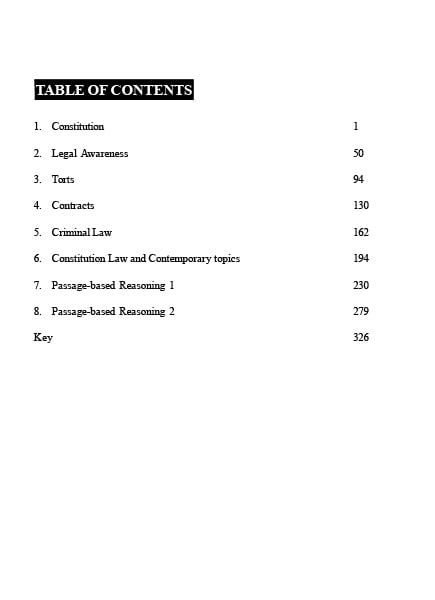The Importance of Regular Revision in CAT Prep
Preparing for the Common Admission Test (CAT) can be an overwhelming process, given its broad syllabus and the level of competition. While studying and practicing are crucial, one aspect that often gets overlooked is regular revision. Effective revision can significantly enhance your chances of success in the CAT. Here’s why regular revision is essential and how you can incorporate it into your preparation strategy.
1. Reinforces Learning and Retention
The primary purpose of revision is to reinforce what you have learned. When you first study a topic, the information is fresh but might not be firmly embedded in your memory. Regular revision helps solidify your understanding and ensures that key concepts are retained over the long term.
– Long-Term Retention: Revisiting topics periodically helps transfer information from short-term to long-term memory, making it easier to recall during the exam.
– Conceptual Clarity: Revisiting challenging topics can clarify any misunderstandings and strengthen your grasp of complex concepts.
2. Enhances Problem-Solving Skills
Regular revision allows you to practice and review a variety of problems. This not only helps in honing your problem-solving skills but also:
– Builds Speed: Frequent practice and revision of problems can increase your speed in solving them, which is crucial for the time-constrained CAT exam.
– Improves Accuracy: By regularly reviewing your solutions and mistakes, you can learn from errors and avoid repeating them, thereby improving your accuracy.
3. Identifies and Addresses Weak Areas
Revision provides an opportunity to identify your strengths and weaknesses. This can be invaluable in focusing your efforts more effectively:
– Spot Weaknesses: Regularly revisiting topics can highlight areas where you may still struggle, allowing you to address these weaknesses before the exam.
– Adjust Study Plans: Based on your revision sessions, you can adjust your study plans to spend more time on weaker areas and less on topics you are already proficient in.
4. Builds Confidence
Consistent revision can significantly boost your confidence as you approach the exam:
– Familiarity with Content: The more you review, the more familiar you become with the content, which can reduce anxiety and boost confidence.
– Exam Readiness: Knowing that you have covered and reviewed all necessary topics thoroughly helps you approach the exam with a positive mindset.
5. Keeps Information Fresh
The CAT syllabus is vast, and it’s easy to forget previously studied material if you don’t review it regularly. Revision helps keep information fresh in your mind:
– Prevents Forgetting: Regularly revisiting topics helps prevent the forgetting curve, ensuring that information remains accessible when you need it.
– Maintains Continuity: Regular revision helps maintain continuity in your study, preventing gaps in your knowledge.
6. Develops a Comprehensive Understanding
Effective revision helps in developing a well-rounded understanding of the exam syllabus:
– Integration of Knowledge: Revising different topics together helps in integrating knowledge and understanding how different concepts interconnect.
– Application of Concepts: Regularly applying concepts in practice problems enhances your ability to use them effectively in the exam context.
How to Incorporate Regular Revision into Your CAT Prep
1. Create a Revision Schedule: Develop a revision timetable that allocates specific times for revisiting topics and solving practice problems. Ensure that you periodically review each subject area.
2. Use Flashcards and Notes: Summarize key concepts, formulas, and important points on flashcards or in notes for quick revision.
3. Practice with Past Papers: Regularly solve past CAT papers and mock tests to review and apply concepts in an exam-like environment.
4. Track Progress: Keep track of your revision progress and adjust your study plan based on your performance and areas needing improvement.
5. Set Revision Goals: Set specific goals for each revision session to stay focused and make the most of your study time.
Conclusion
Regular revision is a critical component of effective CAT preparation. It reinforces learning, enhances problem-solving skills, identifies weaknesses, builds confidence, keeps information fresh, and develops a comprehensive understanding of the syllabus. By incorporating structured revision into your study plan, you can significantly improve your chances of achieving a high score on the CAT. Remember, consistency in revision is as important as the initial learning process, so make it a regular part of your preparation strategy.




